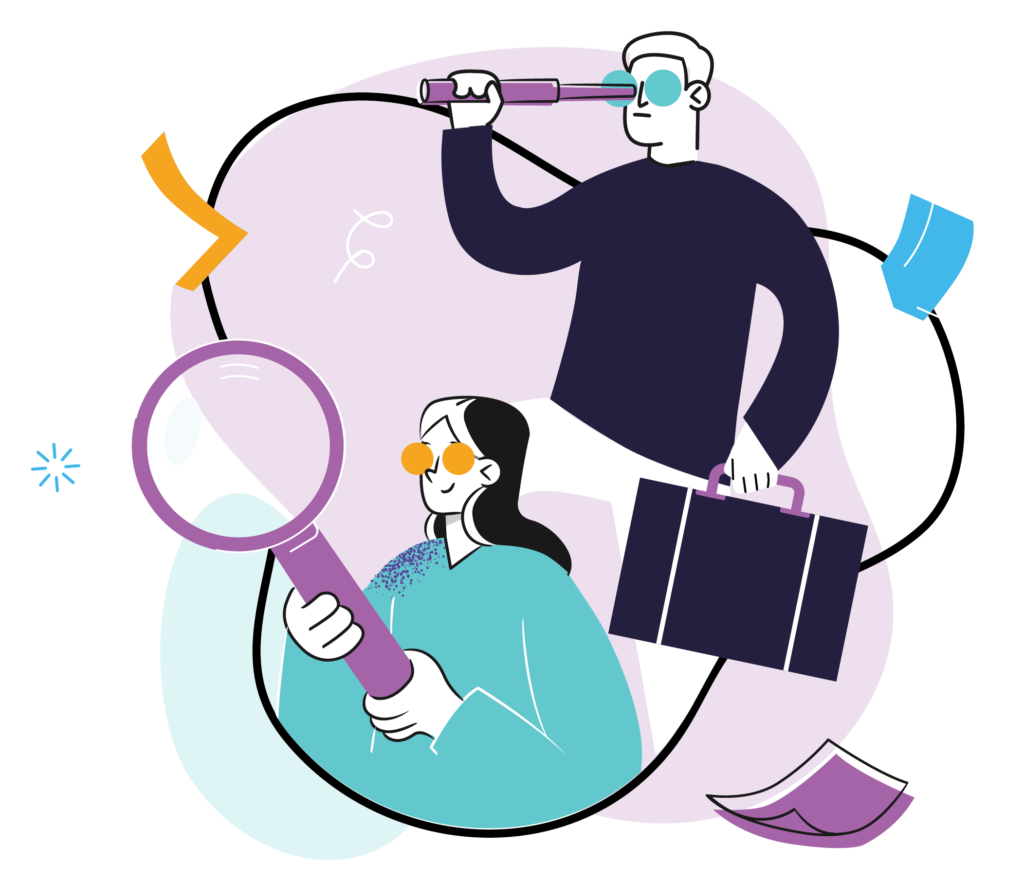Mental Health Counselors

Mental Health Counselors

Bright Outlook
Career outlook for
Mental Health Counselors
What's it like?
Counsel and advise individuals and groups to promote optimum mental and emotional health, with an emphasis on prevention. May help individuals deal with a broad range of mental health issues, such as those associated with addictions and substance abuse; family, parenting, and marital problems; stress management; self-esteem; or aging.
Working conditions
Tasks
1.Maintain confidentiality of records relating to clients’ treatment.
2.Encourage clients to express their feelings and discuss what is happening in their lives, helping them to develop insight into themselves or their relationships.
3.Assess patients for risk of suicide attempts.
4.Prepare and maintain all required treatment records and reports.
5.Counsel clients or patients, individually or in group sessions, to assist in overcoming dependencies, adjusting to life, or making changes.
6.Guide clients in the development of skills or strategies for dealing with their problems.
7.Perform crisis interventions to help ensure the safety of the patients and others.
8.Perform crisis interventions with clients.
9.Fill out and maintain client-related paperwork, including federal- and state-mandated forms, client diagnostic records, and progress notes.
10.Develop and implement treatment plans based on clinical experience and knowledge.
11.Collect information about clients through interviews, observation, or tests.
12.Discuss with individual patients their plans for life after leaving therapy.
13.Modify treatment activities or approaches as needed to comply with changes in clients’ status.
14.Evaluate clients’ physical or mental condition, based on review of client information.
15.Monitor clients’ use of medications.
16.Collaborate with mental health professionals and other staff members to perform clinical assessments or develop treatment plans.
17.Act as client advocates to coordinate required services or to resolve emergency problems in crisis situations.
18.Evaluate the effectiveness of counseling programs on clients’ progress in resolving identified problems and moving towards defined objectives.
19.Plan, organize, or lead structured programs of counseling, work, study, recreation, or social activities for clients.
20.Refer patients, clients, or family members to community resources or to specialists as necessary.
21.Counsel family members to assist them in understanding, dealing with, or supporting clients or patients.
22.Learn about new developments in counseling by reading professional literature, attending courses and seminars, or establishing and maintaining contact with other social service agencies.
23.Meet with families, probation officers, police, or other interested parties to exchange necessary information during the treatment process.
24.Gather information about community mental health needs or resources that could be used in conjunction with therapy.
25.Supervise other counselors, social service staff, assistants, or graduate students.
26.Plan or conduct programs to prevent substance abuse or improve community health or counseling services.
27.Coordinate or direct employee workshops, courses, or training about mental health issues.
Top Skills
- Reading Comprehension.
- Instructing.
- Writing.
- Speaking.
- Active Listening.
- Critical Thinking.
- Persuasion.
- Learning Strategies.
- Monitoring.
- Judgment and Decision Making.
- Complex Problem Solving.
- Service Orientation.
- Social Perceptiveness.
- Time Management.
- Coordination.
- Management of Personnel Resources.
- Negotiation.
- Active Learning.
- System analysis.
- System evaluation.
Programs
Bachelor degree in Psychological health , Social Health Services
Average Salary
12100/ Month

